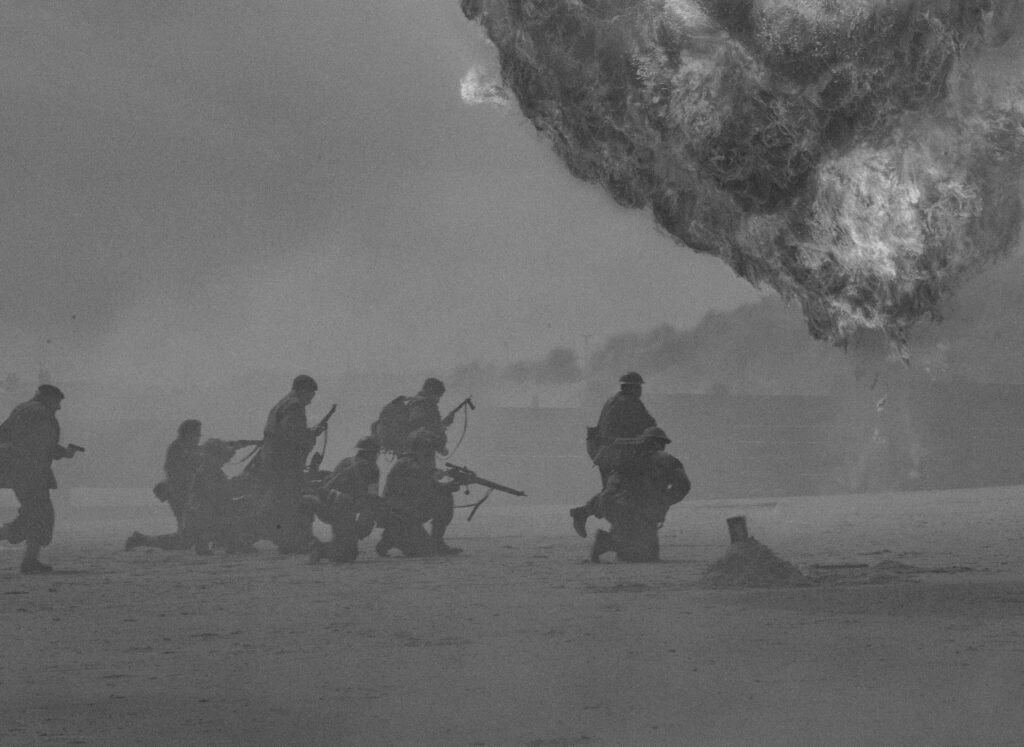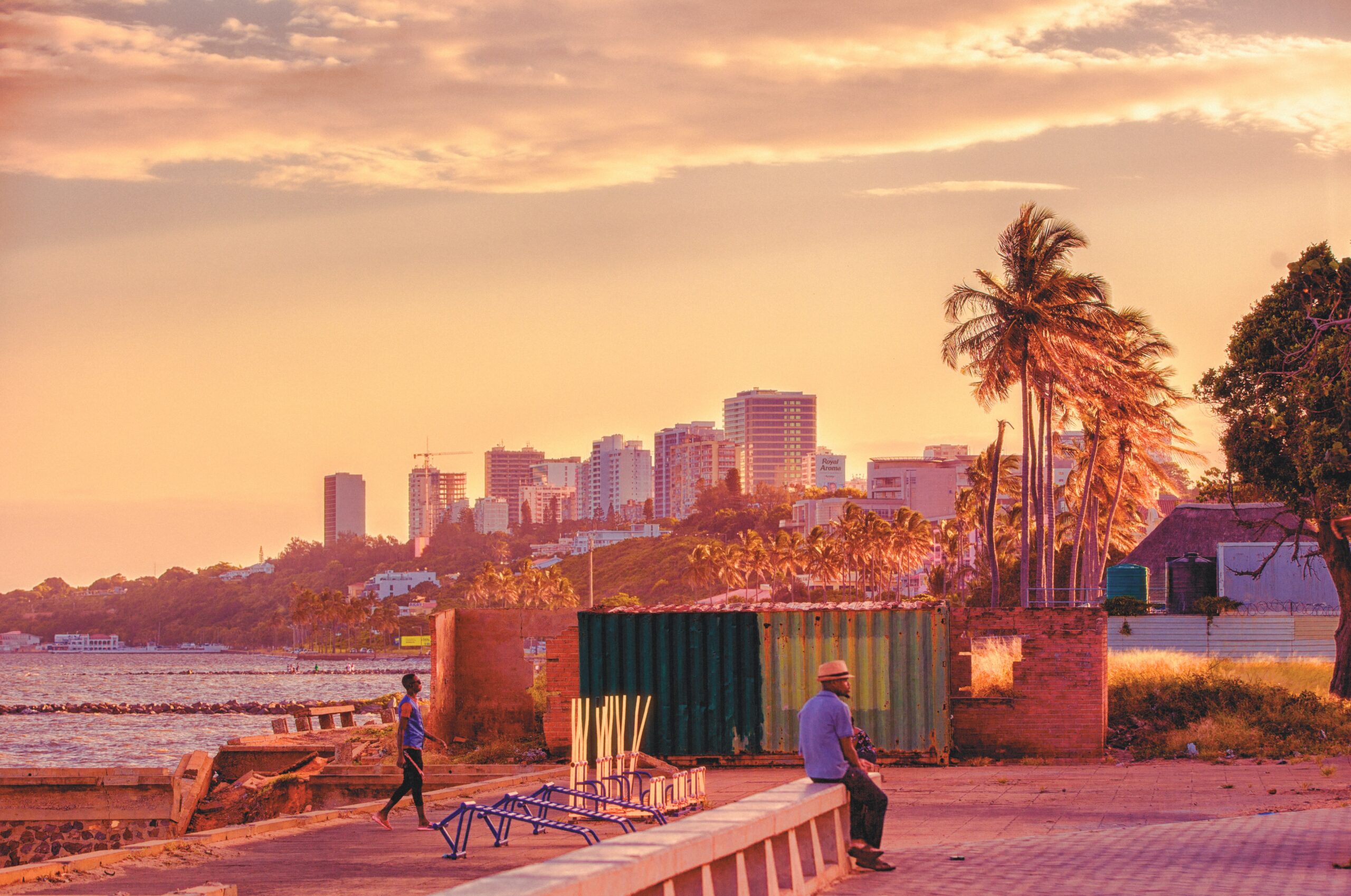Risks to Mozambique’s population
The risk landscape in Mozambique continues to grow significantly over the past few months. During the past year, there have been a growing number of terrorist attacks in the northern region of the country, now controlled by the Islamic State.

Mozambique is one of the largest countries in the Southern African Region, and the one currently suffering from the worst of the crisis. Islamic State insurgents have control over the city of Palma, in the northern region of Caboo Delgado. During the past three years, Islamic State had been perpetrating some attacks in small northern towns. Whilst the attacks were causing disruption to civilians, humanitarian organisations, and the Government, ISIS did not have the capacity to spread to other cities. However, the situation has evolved and the Islamic State organisation in the country is taking over different cities, trying to reach a gas extraction plan from the French company Total, located only a hundred kilometres away.
Due to the cruelty and impact of the last attack by ISIS, Portugal has already announced that they will soon send their military to Mozambique to help the local Government fight against these insurgencies in the north.
In August 2020, ISIS in Mozambique took control of another city in Cabo Delgado, Mocimboa da Praia, which holds an important harbour in the Indian Ocean. The loss of this city towards the insurgent meant a turnout in the country’s situation, when they started to loose control in the region.
Risks to businesses in Mozambique
The national Government is struggling to counter the increase of the attacks and militants who join the ISIS group in Mozambique, thus, this fact directly affects Mozambique’s local business and international investment in the country.
The northern region of Cabo Delgado, where more and more cities are being taken by the insurgents, is rich in gas, hence, attracting foreign investment and foreign companies to settle in the region. However, these companies settled there are now becoming the main target of the group, not only because of being Christian-based companies but also in order to take control of the main source of money to the government.
This situation is, of course, making international companies doubt the continued viability of operations in Cabo Delgado due to the insecurity both for their installations and their employees. Following this, the business next to the city of Palma, where the attack happened this week, have been hosting refugees while they escaped from the attack. The fact that big companies are able and willing to host refugees while there is an ongoing threat, is nothing but kind and emphatic. However, hosting citizens is not the job of these businesses and it directly affects the profit because of their taking-care focus.
If companies decide to leave Mozambique, Mozambique’s Government and local communities will be losing valuable and urgently needed economic resources.

Risks to Mozambique’s Government
Mozambique’s Government is currently fighting against these insurgencies, but its methods and tactics are clearly insufficient to deter and defeat the threat. After the Palma attack, the biggest one in the three years since the insurgences began, the Government has deployed its troops all along the city and its surroundings in an effort to retake the city back. Thousands of refugees who were helped by businesses in the area are not at camps in the city of Pemba waiting for some kind of help from the government or waiting for news about their closed ones in Palma.
Local youth is started to feel abandoned in the area where most of the population is Muslim. This feeling, together with poverty, lack of jobs and the pay gap between them and foreign workers lead to further discontent amongst the local communities. Inclusion and the increasing of the feeling of hope in this communities is crucial in order to avoid these lost and hopeless people be recruited by ISIS. The risk of new youth recruitment in the area increases every time the Government is unable to help those who are displaced, leaving their lives behind and having nothing to hold on for their future.
Of course, this is not only a personal risk to every young person who joins the group but also to the Government since an increase in the number of militias would result into a more rapid spreading of their mission and later on, more attacks, deaths, displaced, taken cities and less space for the Government to create a functioning rule of law.
Since 2017 when ISIS and the Government started fighting, there have been about 2,000 deaths and 700,000 people displaced in Mozambique because of fighting. The calls by international orgnaisations for more support are louder and even more urgent. Not only for the humanitarian organisations to help the refugees and displaced, but also military organisations to create peace and allow development.